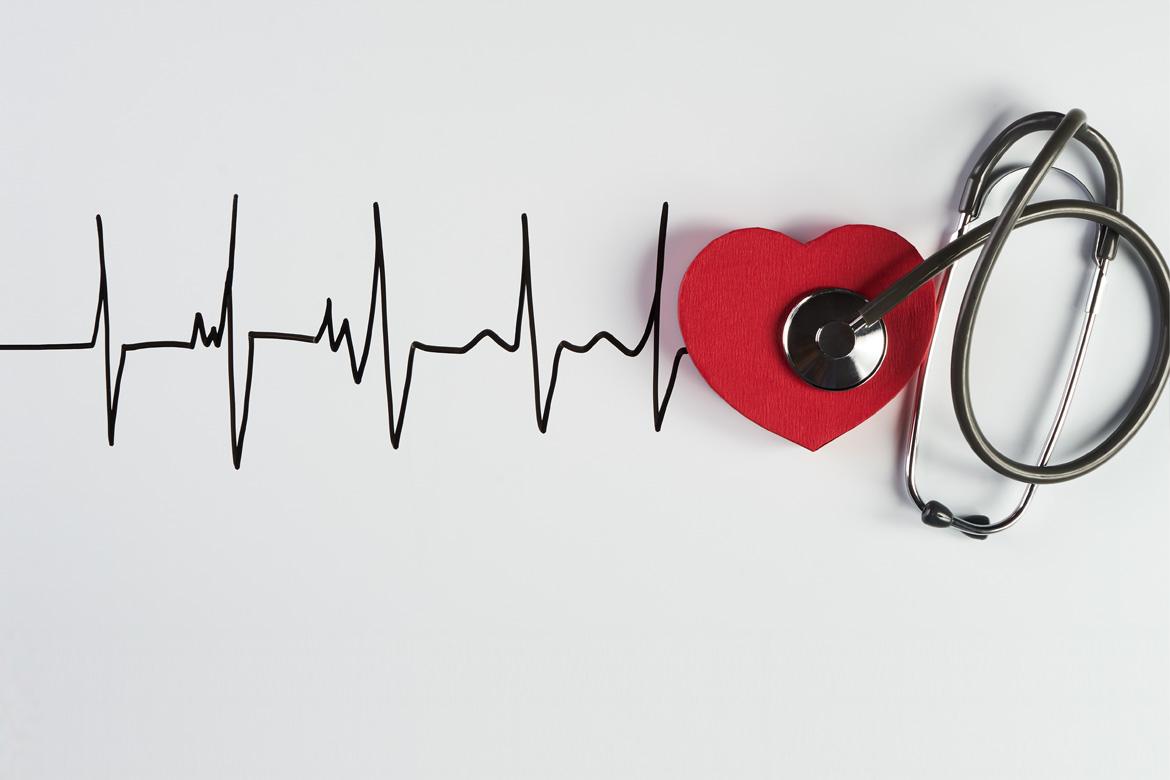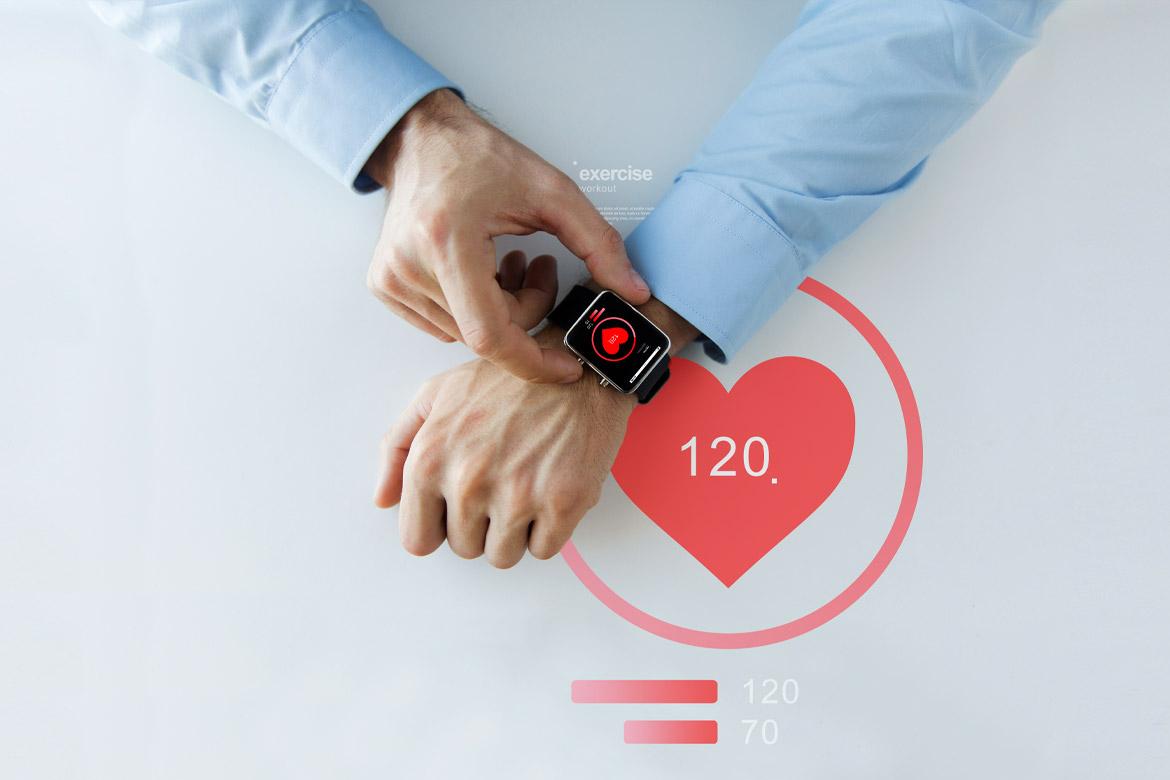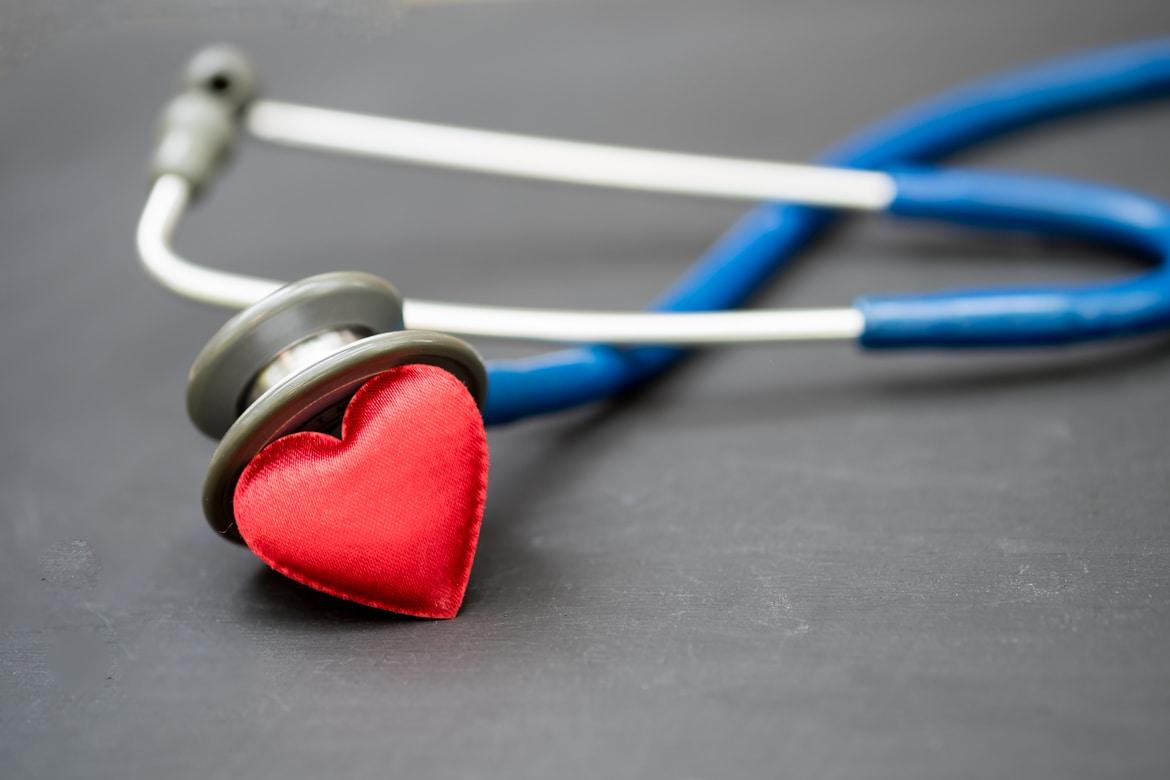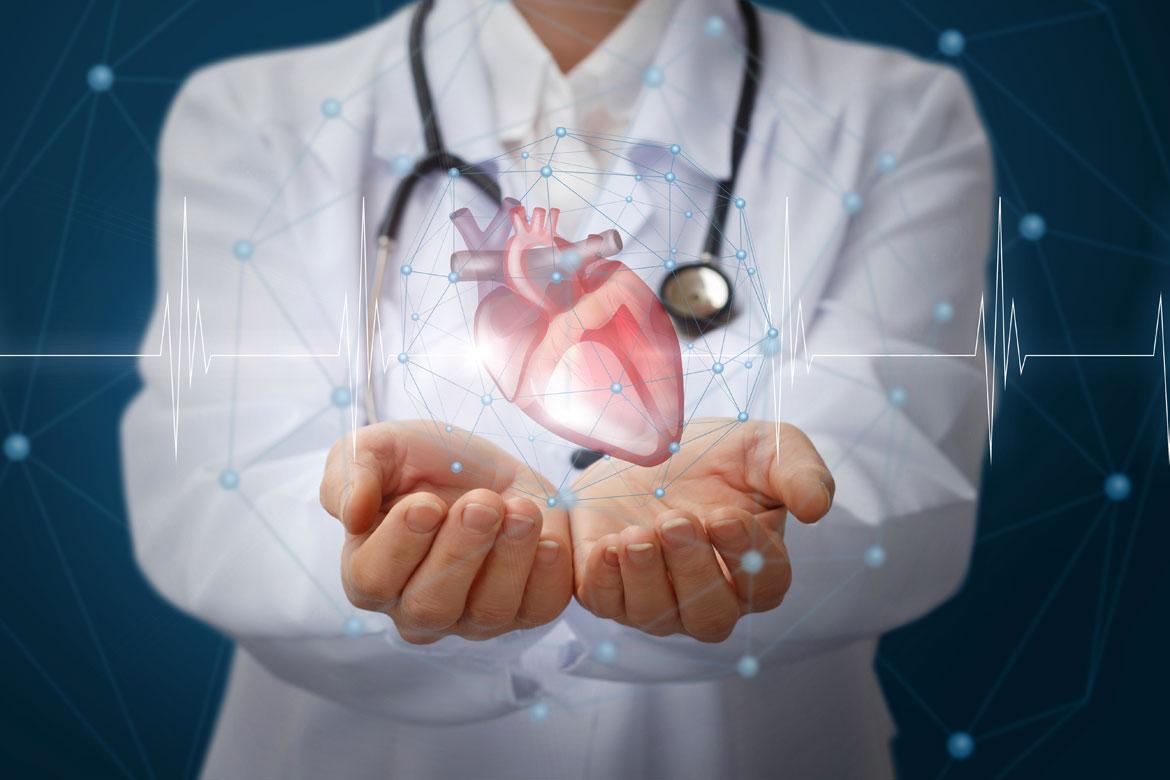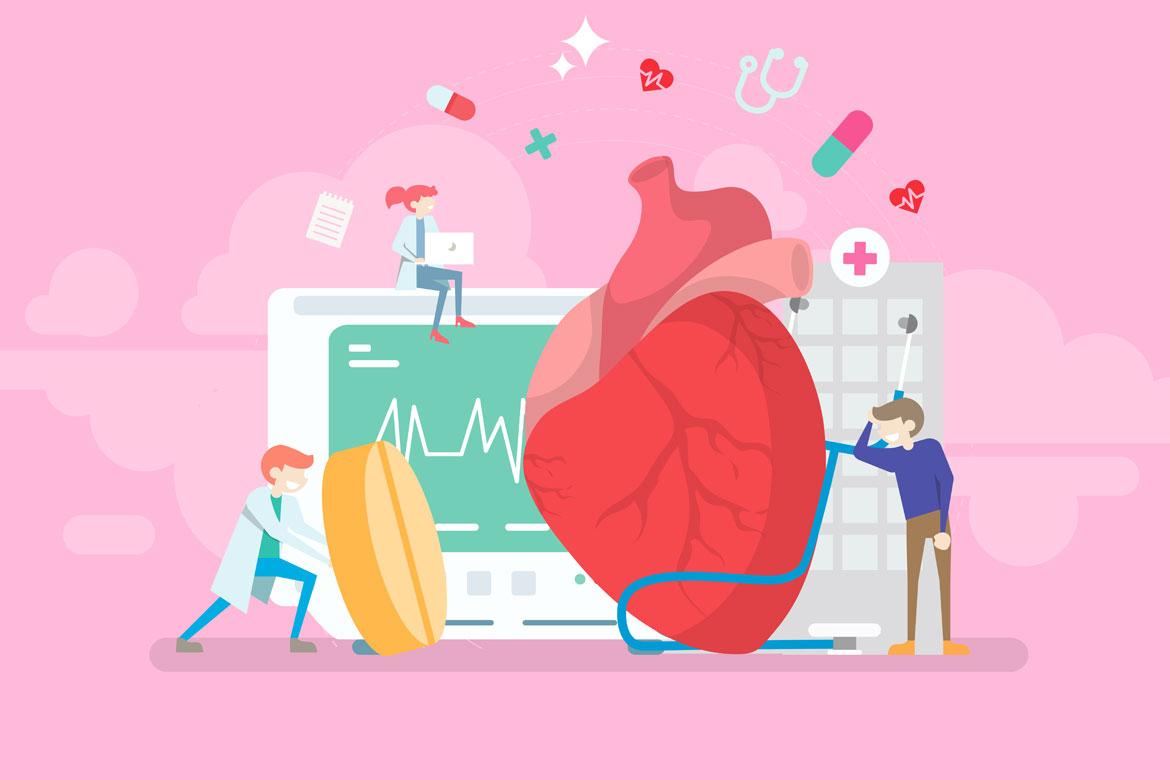-
-
Featured Care Areas

Heart Arrhythmias
What are heart arrhythmias?
A heart arrhythmia refers to an irregular heartbeat.
Under normal circumstances, the sinus node in the right atrium of the heart acts as a natural pacemaker. It produces an electrical impulse that stimulates the atria muscles to contract and pump blood into the ventricles. A slight delay allows the ventricles to fill with blood before they contract and pump blood to the lungs and the rest of the body.
A heart arrhythmia occurs when the electrical impulses are not coordinated. This causes the heart to beat too fast, too slow or irregularly.
Some people experience this as a fluttering or racing heart. This is usually harmless. Others experience more severe symptoms that can be life-threatening.
Types of heart arrhythmias
There are 3 types of heart arrhythmias:
Tachycardia
Tachycardia refers to a fast heartbeat with a resting rate of over 100 beats per minute. Common types of tachycardia include:
- Atrial fibrillation. This is caused by irregular electrical impulses. It results in a rapid, irregular rhythm.
- Supraventricular tachycardia. It broadly refers to many forms of arrhythmia. These arrhythmias originate above the ventricles in the atria or AV node. They may cause sudden episodes of palpitations that begin and end abruptly.
- Ventricular tachycardia. This is a rapid, regular heart rate that does not allow the ventricles to fill and contract efficiently. This makes it difficult to pump enough blood to the body.
- Ventricular fibrillation. This occurs when rapid, chaotic electrical impulses cause the ventricles to quiver ineffectively instead of pumping blood to the body. Most people who experience ventricular fibrillation have underlying heart disease.
Bradycardia
Bradycardia refers to a slow heartbeat with a resting rate of under 60 beats per minute. Common types of bradycardia include:
- Sick sinus syndrome. This occurs when the sinus node that is responsible for setting a regular rhythm fails to send impulses properly. When this happens, your heart may alternate between beating too fast or too slow. It is more common among elderly persons.
- Conduction block. This refers to a blockage of your heart’s electrical pathway. It can occur in or near the AV node, or along other pathways to each ventricle. This leads to impulses being slowed or blocked.
Premature heartbeat
A premature heartbeat is an extra beat that can feel like a skipped heartbeat. It can occur while you are at rest or be triggered by stress, strenuous activity or stimulants such as caffeine or nicotine. Frequent occurrence of premature beats, especially over several years, may lead to a weak heart.
What are the symptoms of heart arrhythmias?
Your symptoms depend on the type of heart arrhythmia you have:
Tachycardia (rapid heartbeat)
- Dizziness
- Breathlessness
- Lightheadedness
- Feeling faint or fainting
- Fluttering in the chest
- Sudden weakness
- Chest pain
Bradycardia (slow heartbeat)
- Dizziness
- Tiredness
- Confusion
- Palpitations
- Lightheadedness
- Difficulty exercising
- Chest pain arrhythmia
- Trouble concentrating
- Feeling faint or fainting
- Shortness of breath
- Sweating profusely
While some people may not experience any symptoms from heart arrhythmia, treatment is important to prevent complications which may include stroke and heart failure.
When to visit the UCC?
You should visit the Urgent Care Centre (UCC) immediately if you experience heart arrhythmia symptoms:
- Suddenly
- Frequently
- Unexpectedly
Some heart arrhythmias can be life-threatening. For example, ventricular fibrillation can lead to a sudden drop in blood pressure that cuts off blood supply to vital organs. A person experiencing ventricular fibrillation may collapse in seconds and require immediate medical attention.
What causes heart arrhythmias?
Heart arrhythmia is commonly associated with heart-related conditions such as:
- Congenital heart disease or any heart abnormality that may affect your heart's rhythm.
- Coronary artery disease, where the arteries supplying blood to the heart are narrowed or obstructed.
- High blood pressure, in which the force exerted on artery walls in the process of pumping blood is higher than normal.
- Heart valve diseases in which one or more of the heart’s valves are damaged and unable to function normally.
- Heart failure, in which the heart is unable to pump a sufficient supply of blood to the body’s tissues.
Other factors that contribute to heart arrhythmia include:
- Certain medications
- Electrolyte imbalance in the blood
- Injury to the heart or as part of recovery after heart surgery
- Problems with electrical signals in the heart
Heart arrhythmia can also occur in healthy hearts as a result of:
- Exercise
- Strong emotions or stress
- Consumption of alcohol, caffeine or tobacco
What are the risk factors for heart arrhythmias?
The risk factors for heart arrhythmia are:
- Increasing age
- Family history of heart arrhythmia
- Medical conditions such as high blood pressure, diabetes, low blood sugar, obesity, sleep apnoea and overactive or underactive thyroid
- Environmental exposure, such as air pollution
What are the complications and related diseases of heart arrhythmias?
Most heart arrhythmias can be managed and do not lead to severe complications. However, in cases where they are not treated correctly, they can lead to fainting, stroke and heart failure.
How do you prevent heart arrhythmias?
You can improve your heart health by:
- Exercising
- Eating a fresh, balanced diet. Consume more heart-healthy food, such as whole grains, fruit, vegetables, legumes and lean protein. Avoid processed food or food high in trans fat.
- Maintaining a healthy weight
- Quitting smoking
This coverage checker is brought to you by Health Insured, an online resource that helps you understand your health coverage in Singapore.
This page has been reviewed by our medical content reviewers.
Need help?
For enquiries, please call
+65 6575 7575
For appointment bookings, please WhatsApp
+65 8111 9777

